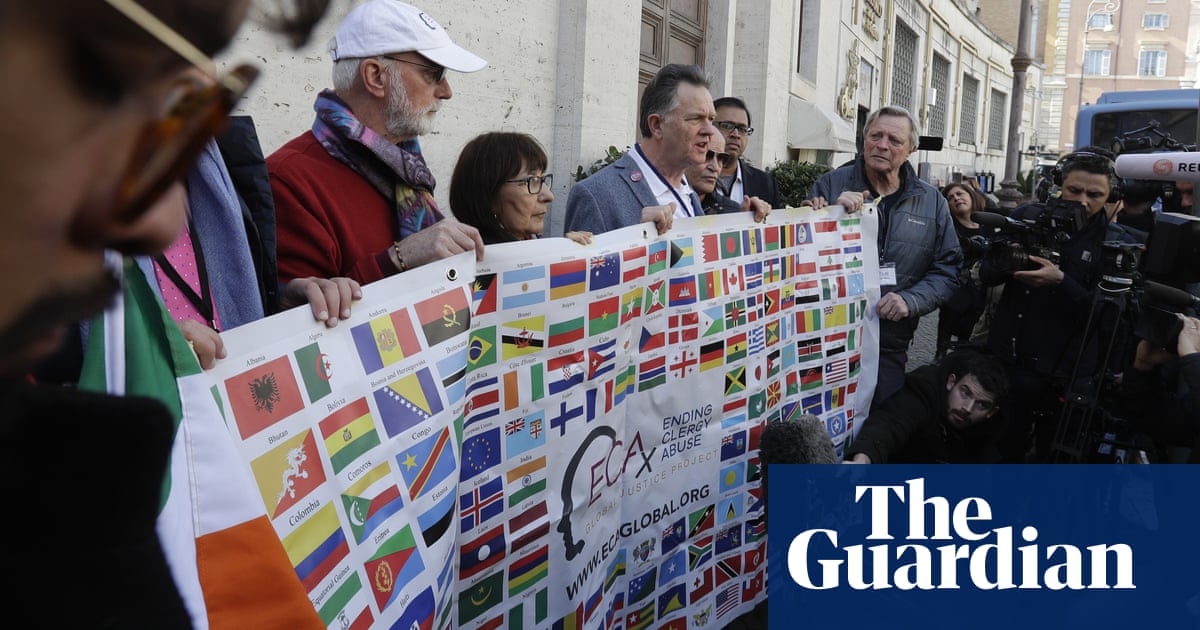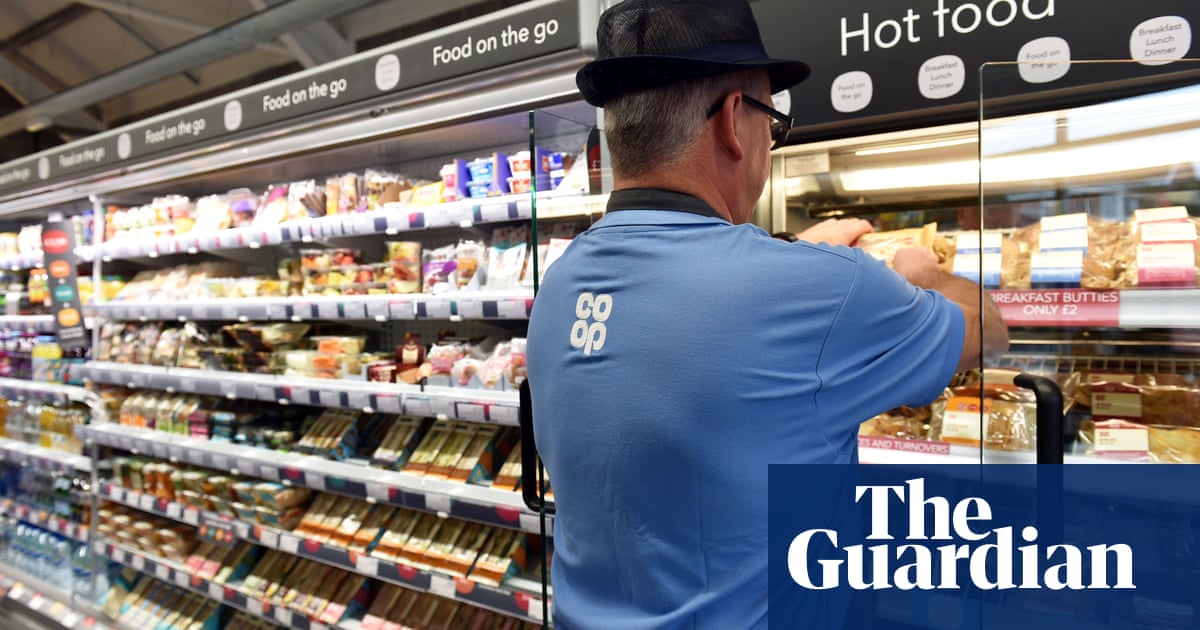Police have been unable to see what Axel Rudakubana was searching online before his “sadistic” Southport attack as they are locked in a lengthy US legal process to obtain the data from Google and Microsoft, it can be revealed.
The missing internet history could hold vital clues about why the killer targeted young girls but it was deleted by Rudakubana 10 minutes before leaving home to carry out the “ferocious assault” on a Taylor Swift-themed dance class.
Police fear it could be years before they see the evidence because they have had to apply for it using a specialist prosecutor in the US, where the technology companies are based.
DCI Jason Pye, the detective leading the investigation for Merseyside police, said: “We’re going through that process at the moment but we’ve been told it could be years.”
The browsing history is potentially highly significant as it is thought to show what Rudakubana, 18, was searching for in the months leading up to his “planned and premeditated” attack, in which he “sadistically” murdered three young girls and attempted to kill eight other children, plus two adults who tried to save them.
One question that has remained a mystery is why the teenager specifically targeted the dance class for young girls, which was five miles from his home in the Lancashire village of Banks.
Officers believe he must have seen the event advertised but have so far been unable to prove that is the case. He bought the 20cm kitchen knife used in the attack on Amazon just days after the class was advertised on 7 July.
The family of one girl who was stabbed three times by Rudakubana said on Friday it was “undeniable that there remain more questions which need answering about how we got to this point”.
They added: “We hope that these will be answered in due course. For our daughter, and everyone else who was there that day, it is the least that they deserve.”
Rudakubana was sentenced on Thursday to a minimum of 52 years in prison – the longest UK jail term for someone his age. He was told he would probably never be released from prison.
Merseyside police obtained more than 160,000 images, videos and other documents from Rudakubana’s devices showing a dark obsession with extreme violence and genocide.
Pye said detectives had recovered “absolutely nothing whatsoever” from the Google Chrome and Microsoft Bing searches he made on an HP laptop, which he deleted before taking a taxi to Hart Space to carry out the atrocity.
After wiping the data, he made one more search three minutes later when he looked up a video on X, formerly Twitter, of the terrorist stabbing of bishop Mar Mari Emmanuel in a Sydney church just two months earlier.
Pye said obtaining the data was taking longer because they were having to submit an application in the US – and because the Southport attack is not being treated as terrorism or serious organised crime, for which there is a quicker process.
The murders were not declared as terrorism because police have been unable to find any clear evidence that it was done to advance any political, religious or ideological cause.
He said the Crown Prosecution Service (CPS) was applying for the data in the US using a specialist prosecutor. They have produced an International Letter of Request (ILOR), he said, which is then typically sent to US law enforcement – in this case, the FBI – who then request the data from Google and Microsoft on the UK’s behalf.
“Our case has always been, based on the evidence, it’s not counter-terrorism. There is nothing in terms of ideology,” he added.
“So I couldn’t go down that path to try and get that information any quicker. There is a process of getting it quicker, but because it’s in the serious organised crime, major crime category, unfortunately, I can’t get it as quick as we would like. The process of getting that could be years. It could take us years.”
Catherine Castaldo, a partner at US law firm Reed Smith, said an ILOR was “one appropriate procedural tool” to request data from the US and is processed by the Department of Justice. She added: “If Google will voluntarily comply with the data request, then typically the process is quick. If Google needs to be compelled, through a court order, it will take longer.”
According to Google, one way of accessing the data is applying via the UK courts for a so-called overseas production order, under the US-UK Cloud Act agreement.
Another expert said the process of obtaining data from abroad can be slow due to potential conflicts in national laws. However, the Cloud agreement is designed to speed up that process.
“The US-UK Cloud Act agreement is intended to provide a quicker route for police to access electronic evidence from US-based technology companies in cases of serious and violent crimes, whilse providing appropriate safeguards,” said Monica Horten, a technology policy adviser.
A Merseyside police spokesperson said: “We have submitted requests through the correct channels for a criminal investigation.”
In the year to June 2024, Google received 12 of these so-called overseas production orders from authorities in the UK – the equivalent of 0.06% of the nearly 20,000 data requests from the UK that year. A report published by Google suggests it at least partially complied with the vast majority – 88% – of those 20,000 requests.
A Google spokeswoman said: “Our deepest sympathies are with all of the families and individuals affected by this horrific attack. We are in touch with the Merseyside police to support their inquiries with regards to this case.’’
Microsoft declined to comment.

.png) 2 months ago
34
2 months ago
34













































